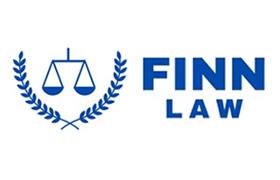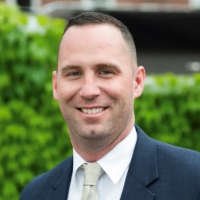Slingerlands Criminal Lawyer, New York
Sponsored Law Firm
-
 x
x

Click For More Info:
-
Finn Law Offices
12 Sheridan Ave. Albany, NY 12207» view mapAccident & Injury and Criminal Defense Action-Oriented Legal Advocacy
At Finn Law Offices, our attorney relies upon his experience and dedication to protect your rights in a personal injury, employment law, criminal defense or civil rights case.
800-872-6030
Christopher N. Luhn
Divorce & Family Law, Criminal, Family Law, Accident & Injury, Mass Torts
Status: In Good Standing *Status is reviewed annually. For latest information visit here
FREE CONSULTATION
CONTACTIan R. Arcus
Adoption, Dispute Resolution, Child Support, Criminal
Status: In Good Standing *Status is reviewed annually. For latest information visit here
Susan B. Milstein
Farms, Estate Planning, Child Support, Criminal
Status: In Good Standing *Status is reviewed annually. For latest information visit here
Brian B. Selchick
Criminal, Estate, Lawsuit & Dispute, Divorce & Family Law
Status: In Good Standing *Status is reviewed annually. For latest information visit here Licensed: 15 Years
Christopher Luhn
Divorce, Accident & Injury, Criminal, Divorce & Family Law
Status: In Good Standing *Status is reviewed annually. For latest information visit here Licensed: 39 Years
FREE CONSULTATION
CONTACTAnthony Ianniello
Divorce & Family Law, Real Estate, Accident & Injury, Criminal
Mark S. Jordan
Personal Injury, DUI-DWI, Traffic, Wills & Probate
Status: In Good Standing *Status is reviewed annually. For latest information visit here
Christopher N Luhn
Personal Injury, Divorce & Family Law, Criminal, Mass Torts
Status: In Good Standing *Status is reviewed annually. For latest information visit here
Sara Fedele
Litigation, Criminal
Status: In Good Standing *Status is reviewed annually. For latest information visit here
Heather J. Redlich
Criminal, Personal Injury, Accident & Injury
Status: In Good Standing *Status is reviewed annually. For latest information visit here
 Ryan M. Finn Albany, NY
Ryan M. Finn Albany, NY AboutFinn Law Offices
AboutFinn Law Offices